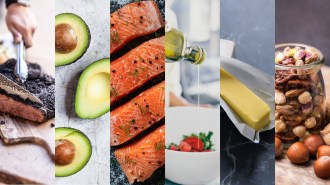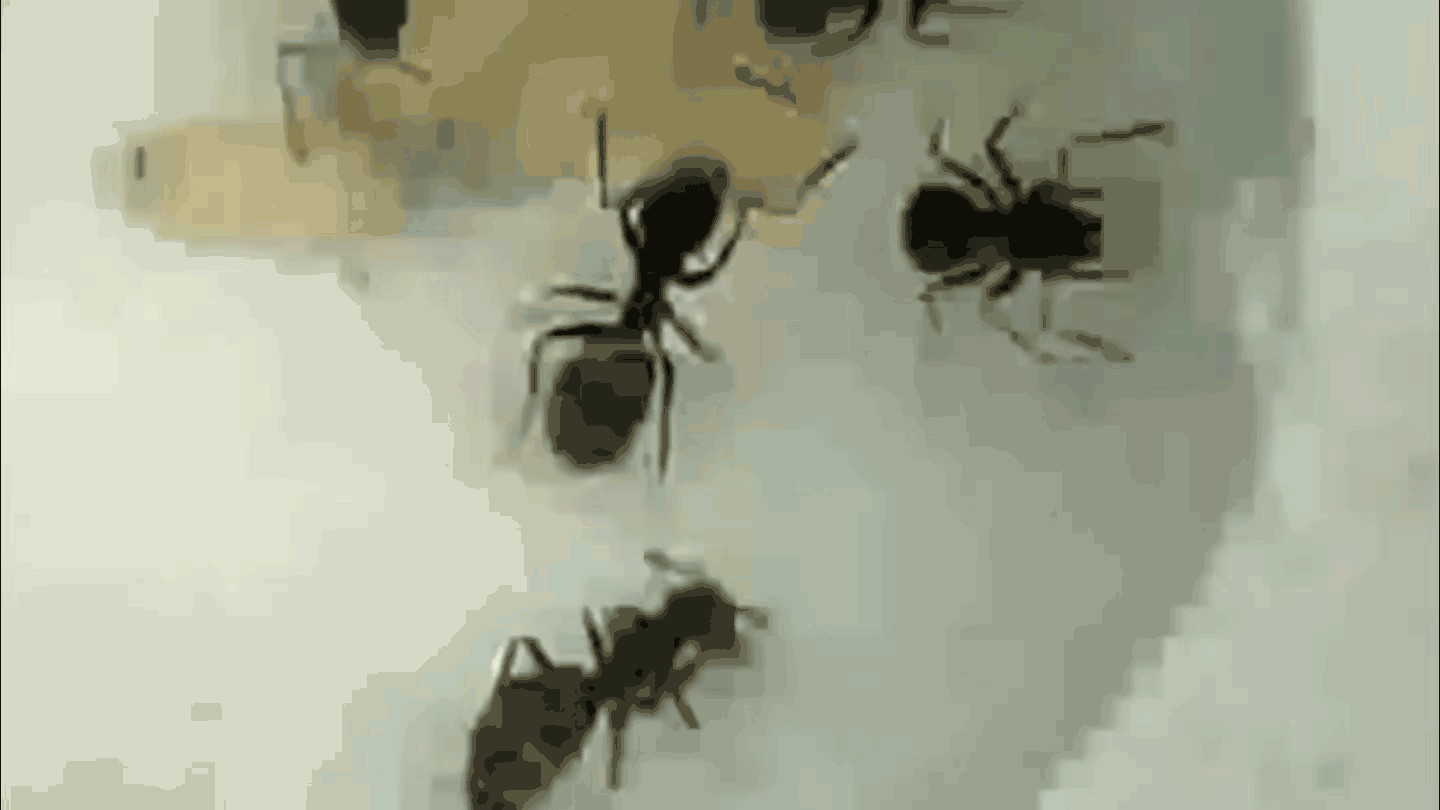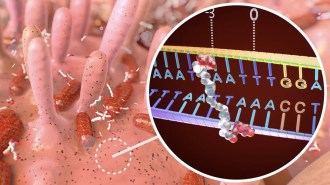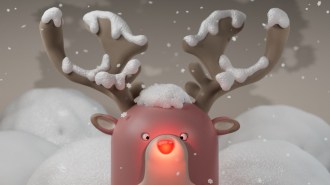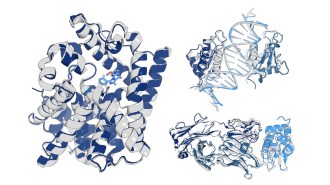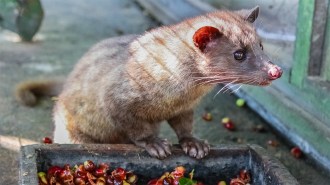Molecules/Matter & Energy
Quantum states may help explain protein folding, plus more in this week’s news
You spin me right round
WASHINGTON — For the first time in a laboratory setting, physicists have linked the motion of an atom in a gas with its spin. Such “spin-orbit coupling” could help researchers build futuristic versions of devices such as transistors. Ian Spielman, of the Joint Quantum Institute in Gaithersburg, Md., cooled rubidium atoms to ultrachilly temperatures until they formed a quantum liquid, then watched as the atoms underwent spin-orbit coupling. Spielman reported the findings on February 18 at a meeting of the American Association for the Advancement of Science. —Alexandra Witze
Lab jets might tackle cosmic blasts
WASHINGTON — Lab experiments that collide two jets of positron-electron pairs may help physicists identify the source of gamma-ray bursts in distant galaxies, Hui Chen of Lawrence Livermore National Laboratory in Livermore, Calif., proposed February 18 at a meeting of the American Association for the Advancement of Science. Researchers detect these intense flashes of light about once a day, but no one knows their source. Chen and colleagues reported last year creating and controlling jets of electrons and their antiparticles, positrons, in the lab. Now, she plans to whack them into each other. The collision is expected to create a shockwave that will accelerate particles to high energies and emit radiation. If the signal resembles that seen in space, it may point to a culprit. —Elizabeth Quill
Quantum protein folding
New theoretical work may help explain the long-standing puzzle of why protein molecules fold and unfold at different rates at different temperatures. The answer lies in the quantum world, scientists from Inner Mongolia University in Hohhot, China, suggest in a paper posted February 18 at arxiv.org. They propose that proteins undergo a quantum transition, jumping from one state to the next so that their folding rate changes essentially instantaneously with temperature.
— Alexandra Witze

